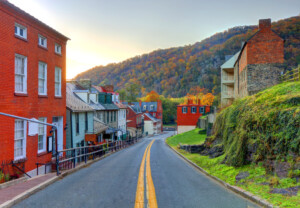
Living in West Virginia is an experience defined by its lush landscapes and deep-rooted Appalachian culture. Nestled in the heart of the Appalachian Mountains, the state offers residents a charming blend of natural beauty, rich history, and a down-to-earth way of life. From the rolling hills and dense forests that paint the landscape in vibrant hues during every season, West Virginia is a place where tradition and modernity coexist. However, there are downsides to calling this state home. Whether you’re looking for unique homes for sale in Martinsburg, apartments for rent in Harpers Ferry, or want to learn more about the state, read on for ten pros and cons of living in West Virginia.
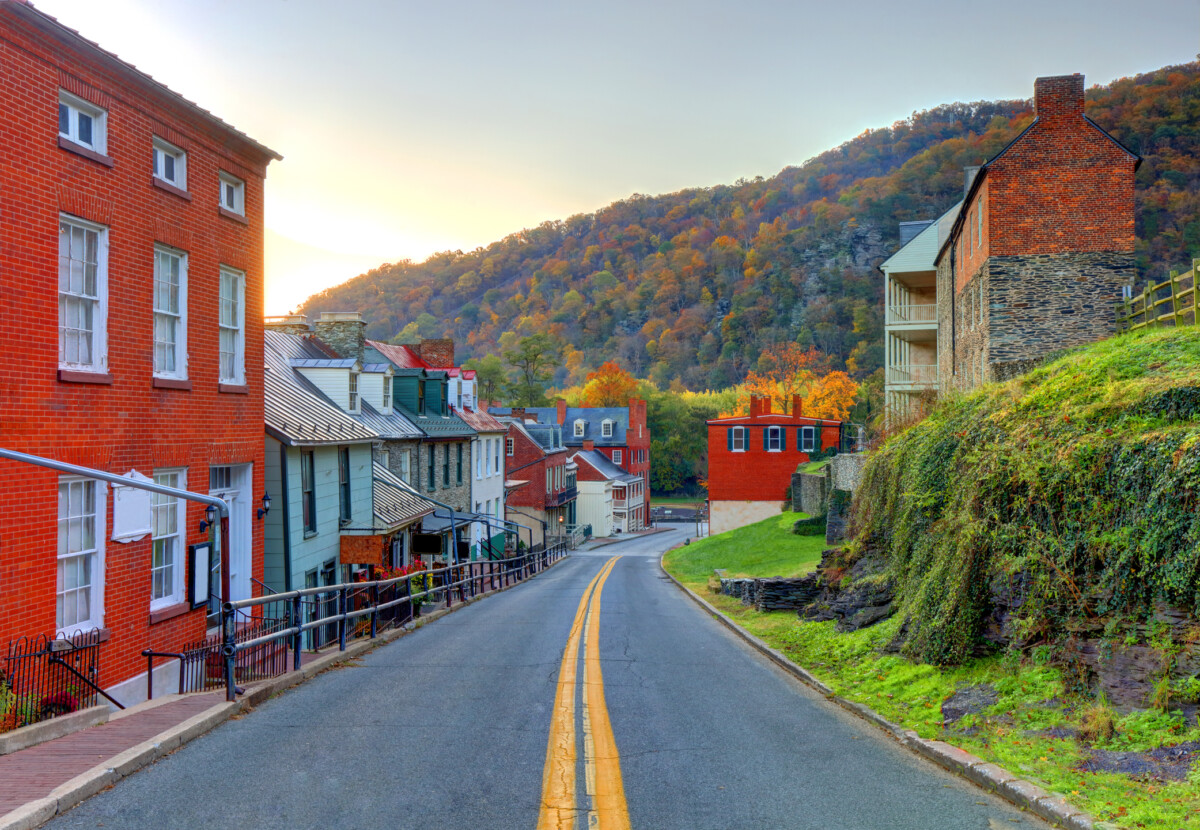
Pros of living in West Virginia
1. Affordable cost of living
Affordable housing in West Virginia is a significant draw for those seeking to establish roots in this charming state. The median sale price for homes in West Virginia is $286,500, notably lower than the national median of $412,020. This considerable difference in housing costs not only makes homeownership more accessible but also eases the financial burden for those residing in the state. The cost of living in Charleston, West Virginia’s capital, is 13% lower than the national average. This affordability extends to various facets of daily life, from groceries and utilities to transportation, making West Virginia an enticing destination for those looking to achieve a comfortable standard of living.
2. No traffic congestion in most areas
One of the delightful features of West Virginia is the absence of significant traffic congestion in most areas of the state. Unlike the gridlock and traffic snarls that characterize many urban centers, West Virginia’s smaller cities and rural regions offer a refreshing escape from the daily commute hassles. Even in the state’s capital, Charleston, and its larger cities, the traffic flow remains relatively manageable.
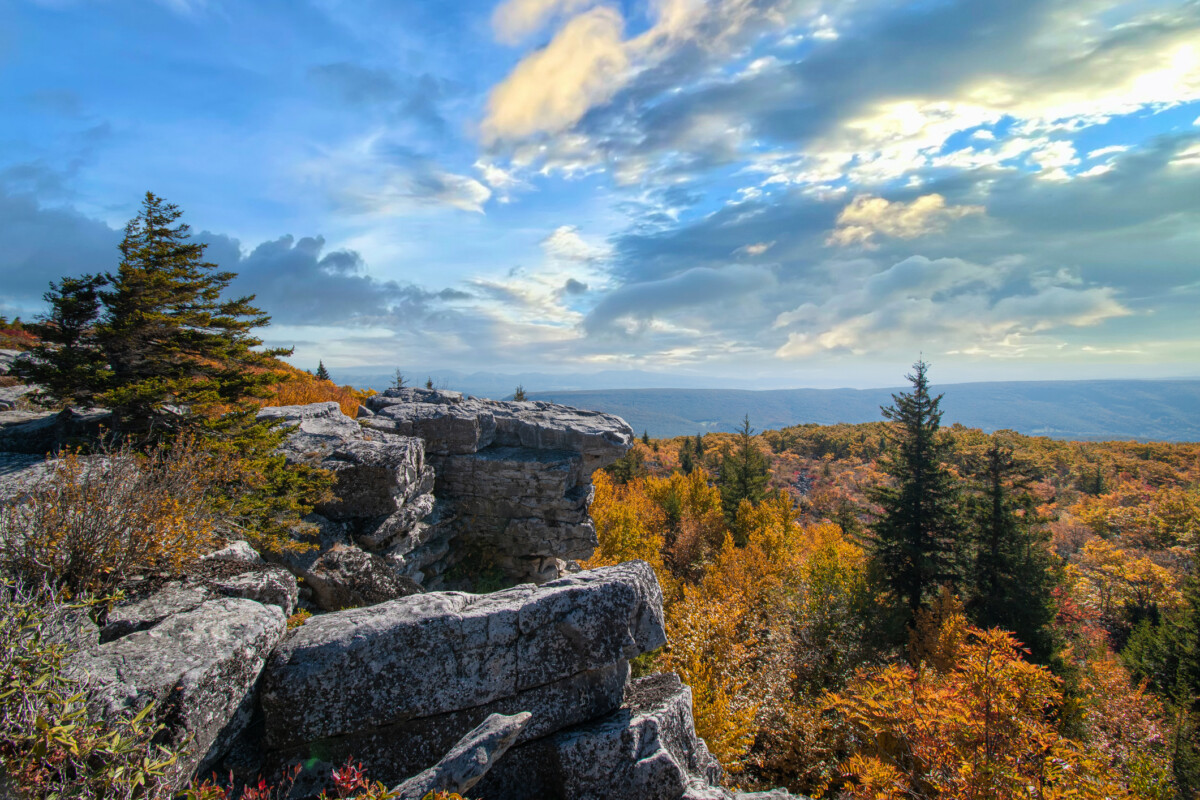
3. Beautiful Appalachian landscapes
West Virginia boasts a mesmerizing natural canvas, defined by its beautiful Appalachian landscapes. The rolling hills and rugged mountains of the Appalachian Range, shrouded in lush forests, create a visual masterpiece that enchants the senses every season. The state’s terrain showcases an ever-changing tapestry of colors, from the vibrant blooms of spring to the fiery foliage of autumn. Scenic wonders like the New River Gorge, the Monongahela National Forest, and the Dolly Sods Wilderness Area invite outdoor enthusiasts to explore hiking trails, go whitewater rafting, or simply take in the breathtaking vistas.
4. Close-knit neighborhoods
West Virginia is renowned for its close-knit neighborhoods, where a strong sense of community is a hallmark of daily life. In this state, neighbors are more than just people who live nearby; they are often extended family, friends, and a reliable support system. The tight-knit communities in West Virginia are a testament to the values of camaraderie and neighborly kindness. Residents regularly come together for local events, block parties, and to support one another in need.
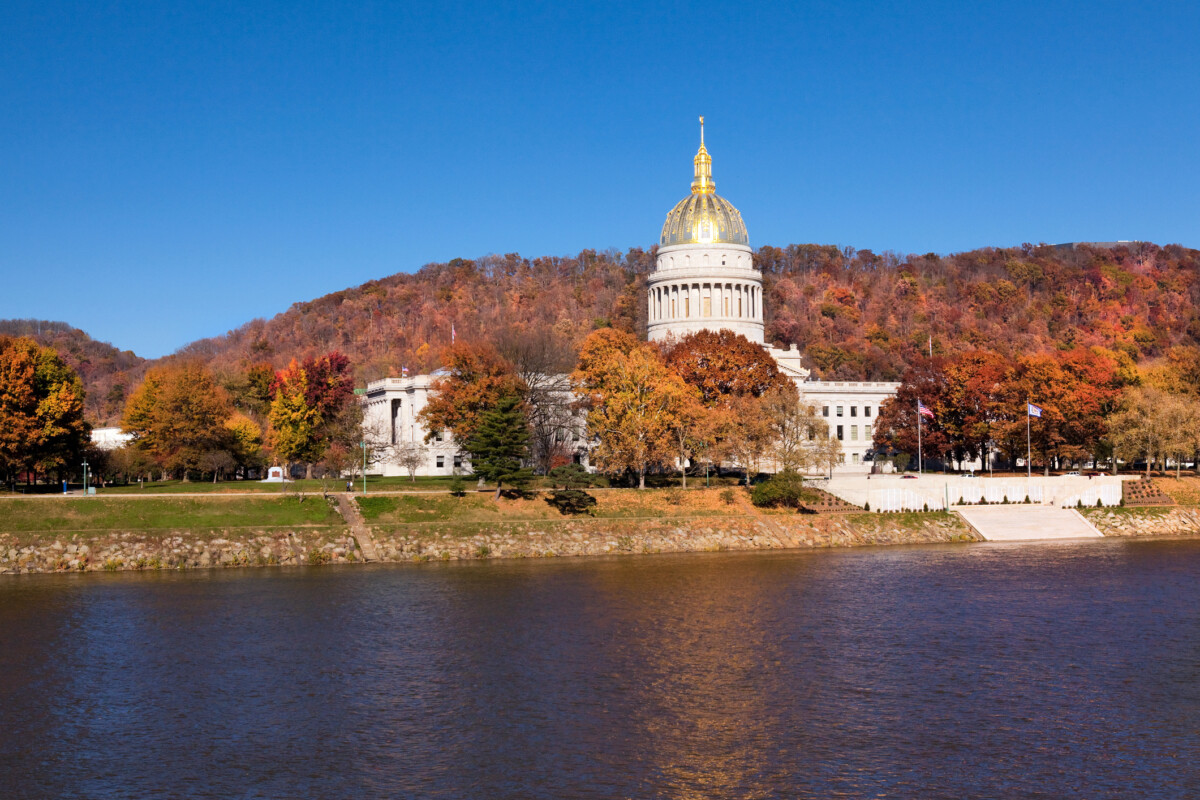
5. Rich cultural heritage
The traditions of this Appalachian region are celebrated through music, art, cuisine, and a strong sense of community. The state is a cradle of American folk music, known for contributing to bluegrass, country, and gospel genres, with events like the Appalachian String Band Festival paying homage to these musical roots. West Virginia’s cultural heritage is also reflected in its storytelling and folklore, passed down through generations, as well as its vibrant arts scene.
Cons of living in West Virginia
1. Limited job opportunities in certain industries
While West Virginia offers many appealing qualities, it’s essential to acknowledge the presence of limited job opportunities in certain industries. The state’s economy has historically been centered around coal mining and natural resource extraction. Still, as these industries have faced challenges and downturns, it has led to job scarcity in these sectors.
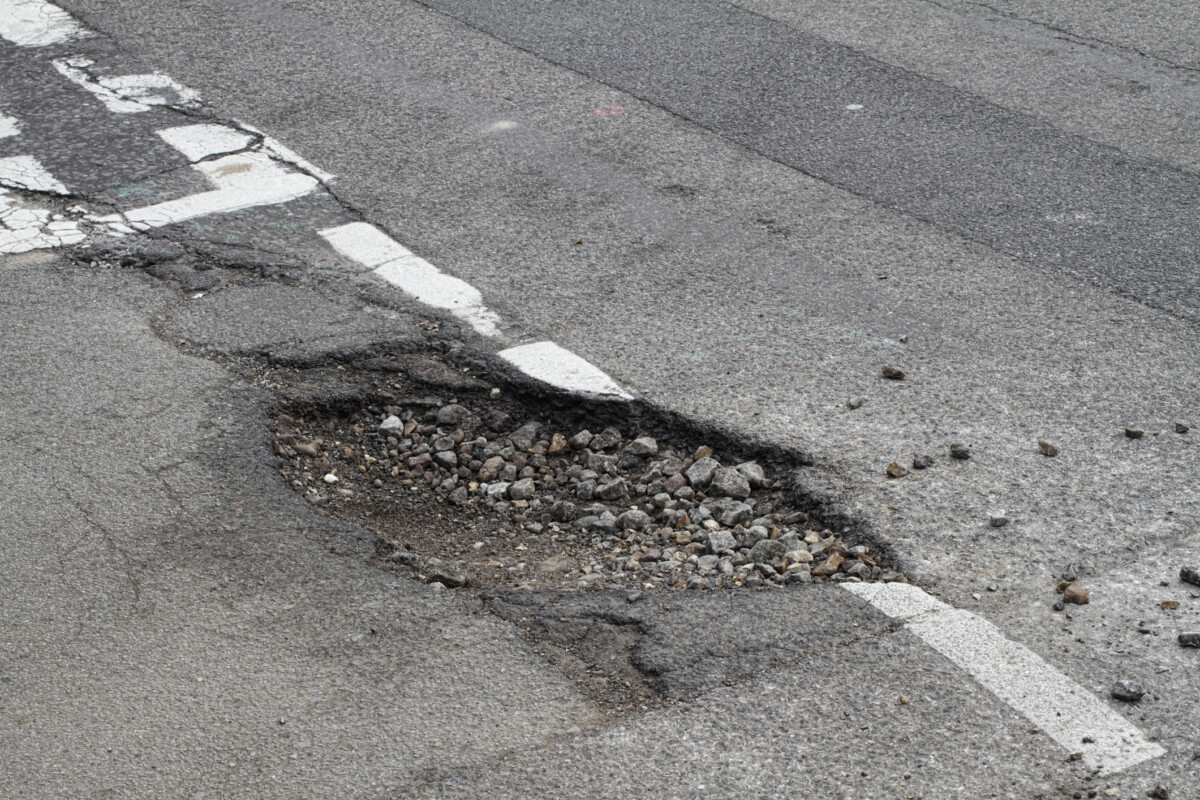
2. Rough roads
In some parts of West Virginia, particularly in more remote or mountainous regions, rough and challenging road conditions can hinder daily life. The state’s diverse and rugged terrain means that residents may encounter roads prone to potholes, erosion, and wear and tear. West Virginia is ranked seventh in the US for the worst road conditions. Harsh weather, particularly during winter, can exacerbate these road conditions, making travel more complex and potentially leading to safety concerns.
3. Very cold winters
Harsh winters in West Virginia are a reality that residents must contend with each year. The state’s mountainous terrain and higher elevations can result in frigid temperatures, heavy snowfall, and challenging weather conditions during the winter months. These conditions can be especially pronounced in regions like the Allegheny Mountains and the Monongahela National Forest. The snow and steep, winding roads can make winter travel difficult and potentially hazardous. The cold temperatures also necessitate heating costs and preparations for the winter season, such as snow removal and winterizing homes.
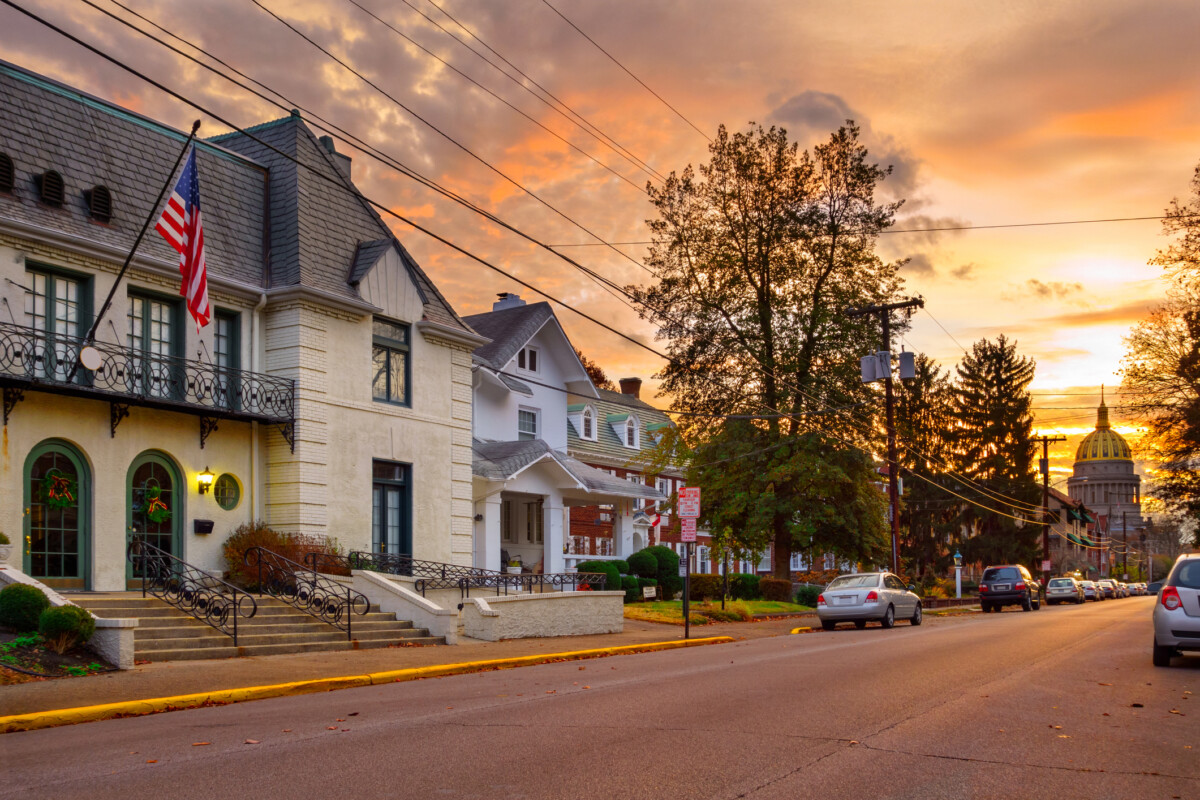
4. Distance to major cities
One of the notable challenges of living in West Virginia is the considerable distance to major cities. The state’s rural nature and mountainous terrain mean that residents often find themselves far removed from the conveniences and amenities of larger metropolitan areas. For example, cities like Washington, D.C., or Pittsburgh can be several hours’ drive away from many parts of West Virginia. This geographic distance can pose challenges, as it may require longer travel times for work, healthcare services, and access to cultural events and shopping centers.
5. Small town living
The prevalence of numerous small towns in West Virginia can be seen as a drawback, particularly for those who prefer the conveniences and cultural offerings of larger cities. These small communities, while rich in history and traditions, may lack the variety of amenities found in more urbanized areas. Access to healthcare, specialized services, and entertainment options can be limited, necessitating travel to larger cities. However, small town living can be seen as a positive for some fostering a strong sense of community and close-knit relationships.
Pros and cons of living in West Virginia: Bottom line
In conclusion, living in West Virginia offers a unique blend of advantages and challenges, contributing to the state’s distinctive character. However, there are faults to living there. West Virginia’s allure lies in its tranquil way of life and a strong connection to nature and community, making it an appealing choice. Whether West Virginia is the right place to live really depends on what’s important to you and how much you like the quiet, mountainous lifestyle it offers.
The post 10 Pros and Cons of Living in West Virginia appeared first on Redfin | Real Estate Tips for Home Buying, Selling & More.
------------Read More
By: Ana de Guzman
Title: 10 Pros and Cons of Living in West Virginia
Sourced From: www.redfin.com/blog/pros-and-cons-of-living-in-west-virginia/
Published Date: Tue, 07 Nov 2023 18:49:33 +0000
Did you miss our previous article...
https://trendinginbusiness.business/real-estate/4-ballard-apartment-buildings-to-check-out-in-seattle-wa
.png)





